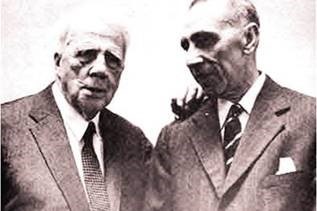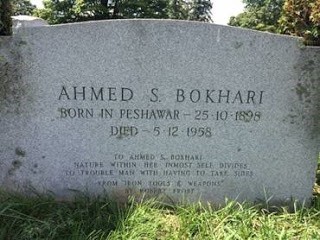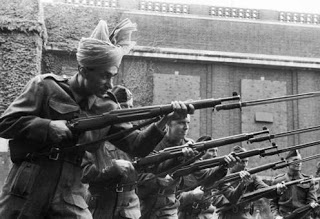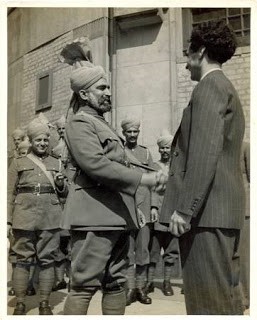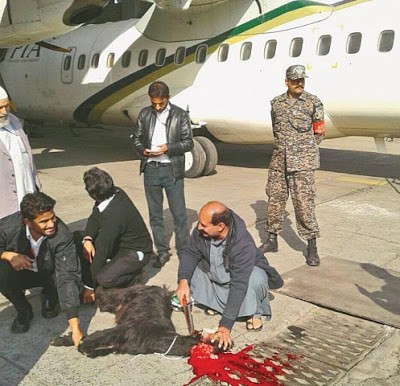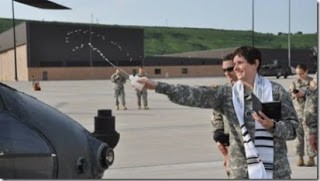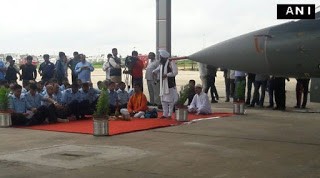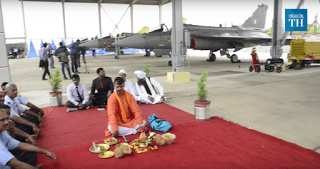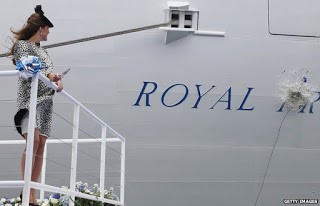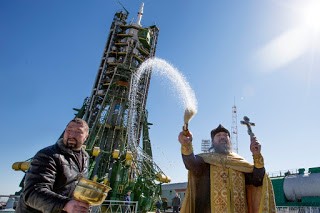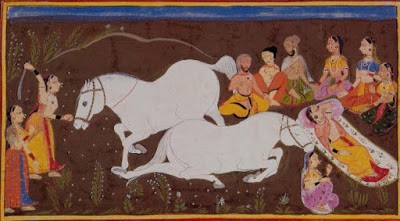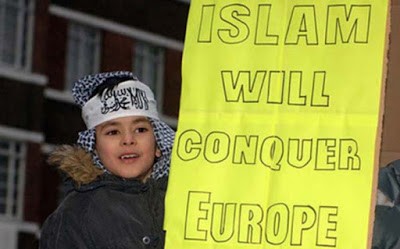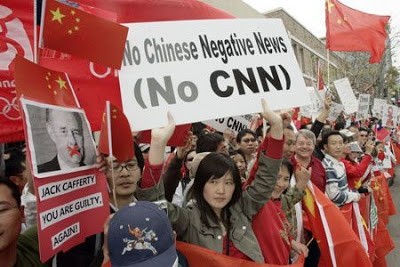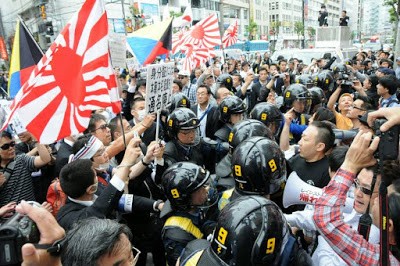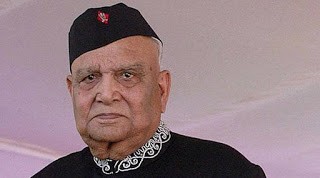grave of Patras Bokhari, I spent some quite time at his grave. I
reflected about the lives of two Bokhari brothers and an amazing character of his
times Lionell Fielden. This piece was the outcome of that exercise.
Good time to pay tribute on the death anniversary month of December of AS
Bokhari and birth anniversary month of January of ZA Bokhari.
Brothers
Hussain
Shah Bokhari and Zulfiqar Ali Bokhari were scions of Peshawar. Both
brothers were very talented, had multiple interests and excelled in their
chosen fields. Bokhari brothers are associated with the history of
broadcasting in India.
service in India was started in July 1927 as a private and amateur venture when
Bombay radio station was established. This was the birth of Indian
Broadcasting Company (IBC) about seven months after establishment of British
Broadcasting Company (BBC). This private venture ended in a failure and
company was liquidated in 1930.
August 1935, Lionell Fielden arrived in India on loan from BBC to start Indian
broadcasting. When radio arrived in India, no one knew about the
importance of this new invention. In 1935, Marconi Company offered a radio
transmitter and fifty radio sets to Indian government but no one was interested
in it. Central government asked provincial governments if anyone was
interested in the offer. Governor of North West Frontier Province (N.W.F.P.)
Sir Ralph Griffith accepted the offer. He chose a young recent Oxford
graduate Muhammad Aslam Khan Khattak in-charge of this project. Later,
Fielden organized Indian broadcasting on a professional level and soon radio
became the main instrument of information and entertainment.
Shah Bokhari (25 October 1898 – 05 December 1958)
Shah Bokhari was educationist, writer, broadcaster and a diplomat. He was
born in a lower middle class family in Peshawar city. He completed his early education
in Peshawar. He learned English by reading old English newspapers
collected from soldiers stationed in Peshawar. After completing his
maters in English from prestigious Government College Lahore, he started
teaching at his alma mater. He went to Cambridge and returned back to
Government College. In 1936, he was offered the job of Deputy Controller
Broadcasting of All India Radio in New Delhi. In 1940, he became the
Controller (in 1943, the designation was changed to Director General) and served
at this post until 1947. In Delhi, towering personalities of the time
were frequent visitors to his house. Ahmed’s guest list included
Jawaharlal Nehru, Sarojini Naidu, Abul Kalam Azad, Zakir Hussain and Faiz Ahmad
Faiz. In 1947, he became principal of Government College Lahore. His
residence in Lahore attracted famous writers and poets. M.D. Taseer, Imtiaz Ali
Taj, Sufi Tabassum and Ghulam Abbas frequently visited his house in
Lahore. In 1951, he was appointed Pakistan’s permanent representative to
United Nations (UN). In 1954, he became Under Secretary Information at UN and
served at this position until his death in 1958. His simple small house in New
York was full of books and he had a wide circle of friends from diplomatic and
literary society.
Shah and American poet Robert Frost (Picture from Website about Ahmad Shah
Bokhari. http://patrasbokhari.com
is buried at Kensico cemetery at Valhalla New York. This summer when I
visited his grave, I was gratified that he could not be buried at a better
place. He is buried at a picture perfect serene place and surrounded by
graves of numerous artists. Many stage, television and film actors, opera
singers, writers and poets including famous composer Sergei Rachmaninoff are buried
at Kensico cemetery. On his tombstone are inscribed words of his American poet
friend Robert Frost, “Nature within her innermost self divides to trouble
man with having to take sides from iron tools and weapons’.
Bokhari’s grave at Kensico cemetery New York. Photograph by Hamid
Hussain, 14 August 2016.
wrote Urdu prose with pen name of Patras Bokhari and is known by his pen
name. He published a small collection of short stories but it was a
masterpiece and gave him a place in the ranks of famous Urdu writers.
Ali Bokhari (01 January 1904 – 12 July 1975)
Ali Bokhari popularly known as Z. A. Bokhari was younger brother of Ahmad
Shah. He was the rebellious one and didn’t attend college. He
completed oriental courses of munshi fazil and adeeb alim.
He was employed in the office of board of examiners in oriental languages of
General Staff branch at army headquarter at Simla. Board of examiners evaluated
British officers who completed native language courses. In Simla, Bokhari
became friend of ADC to Governor of Punjab. When Lionell Fielden came to
India to start broadcasting, this ADC referred Bokhari to him. Lionell
appointed him assistant station director at Delhi. In 1937, Bokhari went to
England for training. In 1940 Malcolm Darling of BBC hired Bokhari at the
recommendation of Fielden. Bokhari was in charge of Indian section of the
eastern service of BBC in London. He covered Second World War in Europe
and returned to India in December 1944 to become station director at
Calcutta. After independence in 1947, he served a long career in
broadcasting in Pakistan. He served as director general of Radio
Pakistan. In 1967 he became general manager of Karachi television
station. He was also a poet and also wrote a book on classical music.
A. Bokhari as BBC Home Guards at Bedford College, 1941. (Picture from Imperial
War Museum).
Fielden had great influence on the lives of both brothers. Fielden is an amazing
character for his time period. He was member of British aristocracy, a
relative of Viceroy Lord Linlithgow and personal friend of British Prime
Minister Stanley Baldwin. He was raised on a Surrey family estate and
educated at Eaton but became rebel at a very early age. He was closely
associated with E. M. Forster and J. R. Ackerly. His experience in First
World War when he fought at Gallipoli made lasting impression on him. He
was intelligent enough to see the gross negligence of military high command and
developed disdain for authority. He passed the civil service examination
but was so irked by his interview at Foreign Office that he denounced the
Balfour Declaration and told his interviewers that Britain had sold out the
Palestinian Arabs to Jews. In 1927, he landed at BBC when it was
established. In 1935, he came to India on loan from BBC to start
broadcasting service in India. He was an outsider and frequently clashed
with authority. He settled in Italy where he was involved in renovating
old buildings damaged during Second World War. He died in 1974 in Italy.
was lot of speculation about relationship between Lionell Fielden and his young
Indian protégés. The relationship was not a normal superior and
subordinate or even a friend. Lionell was a homosexual and though he
admitted this fact later in his memoirs, there was enough evidence from his
behavior that this subject was talk of social circles in India and
London. Lionell was member of a group of young British men and women disillusioned
with the slaughter of First World War. Many were writers, intellectuals
and a number of these men and women were homosexuals. It is an open
question whether they were naturally inclined or this was one of the symptoms
of rebellion against an established order. Official British circles and
traditional aristocratic elites called these folks having ‘loose morals’.
In India, Indian police special branch was keeping a tab on Fielden. One
police official brought some intercepted letters to show to Fielden what was
being talked about him. True to his character, Fielden refused to look at
the letters stating that it was inappropriate to look at private
correspondence.
is important to understand social conditions of India in 1930s to comprehend
why Fielden generated controversy both among British and Indians. British
interaction with Indians was mainly in official context. There was not
much social mingling between two communities although there may be few
exceptions. British would unwind only in the presence of fellow
countrymen at exclusive civil and military clubs. Fielden crashed on the
scene breaking all the rules. He avoided British social circle and
interacted with Indians of different social backgrounds. Indians had not
interacted with British in such informal, friendly and relaxed
environment. Many Indians developed genuine respect and admiration for
Fielden even if there was no sexual aspect to the relations. Official British
circle was aghast at Fielden’s non-adherence to social norms as well as
personal indiscretions.
also faced criticism from Indian circles. Fielden had personal relations
with Congress leaders and polarized politics of the time meant that some Muslim
League leaders were critical of his work. Fielden had surrounded himself
with newly educated urban Muslim youth. These young men saw Persianized
manners of old Mughal court and Urdu as a refined cultural heritage. This
prominence of Urdu in emerging broadcasting arena aroused anger of Hindu
nationalists who saw old Indian Hindu cultural heritage as true beacon for
emerging nationalist India. They constantly criticized Fielden for giving
preference to Urdu as the expense of old Sanskrit arts and literature.
Fielden’s five year stay in India was full of all these clashes at different
levels.
Bokhari’s own memoirs in Urdu provide enough evidence that he had special
relationship with Fielden. Bokhari was close to Fielden and took care of
his personal chores and in charge of his household. Bokhari went to meet
Fielden at Cecil Hotel in Delhi for the interview. He narrates his first
meeting with Fielden that when he entered the room, Fielden was naked only in
his underwear. Fielden told him that it was too hot and that he should
also take off his coat. Bokhari states that ‘this meeting was like love on
first sight’ and that ‘after few minutes it felt like we knew each other for
long period of time’. Fielden hired Z.A. Bokhari but Bokhari’s boss a Colonel
at army headquarters at Simla refused to let him go to Delhi. Fielden
wrote to Viceroy Lord Willington to remove all hurdles and brought Bokhari to
Delhi. Fielden then took Bokhari to his house and summoned his own tailor
to measure Bokhari and ordered six suits for him. When Bokhari went to
London for training, Fielden’s tailor in London stitched Bokhari’s suits.
Bokhari describes Fielden’s dress on his first day of work ‘silk pants, half
sleeve open collar see through shirt’. Bokhari was seriously injured
after a fall in a blind well. When he woke up, he saw his room filled
with flowers and Fielden crying. Later, Fielden took him to the hill
station of Almora to recuperate where they spent a lot of time together and in
the company of famous scientist Boshi Sen. Bokhari writes about that time
together at Almora that ‘my heart was attracted towards Fielden like a
magnet’. Fielden had gout problem and Bokhari narrates that while in
London at one time Fielden suggested to him that ‘let’s resign and settle down
in an Italian city’.
Fielden
hired a number of young and handsome Indian men in their early twenties when he
came to India to start broadcasting service. Fielden in his autobiography
recounts the disappointment when faced with choosing his personal bearer from
two old men. He wrote, ‘Had I not pictured to myself something so vastly
different? Slim, intelligent youth, with eyes of gazelles, worshipping me
with silence but so effective service’? In his memoirs, Z.A. Bokhari describes
the physical features of his colleagues. He calls Sajjad Sarwar Niazi
‘dashing’ and goes on to describe him having ‘fair skin, sharp features and
thin rose petal like lips’. Israr-ul-Haq Mejaz is described as having
‘long black hair, salty complexion and thin waist’. Agha Ashraf (grandson
of famous Urdu writer Maulana Muhammad Hussain Azad) had ‘salty complexion and
white teeth that were blinding the vision’. These are unusual expressions for
male colleagues and suggest special attraction.
Aslam Khan Khattak who was in-charge of first radio transmission project in
N.W.F.P. narrated in his memoirs that he was offered the post of deputy
director general in Delhi under Fielden. He states that ‘I went to Delhi
for a look and found the people, who had taken over broadcasting, nauseating’.
He didn’t elaborate what he found ‘nauseating’ but he may be referring to
twenty something youths in matching silk suits surrounding Fielden.
Khattak instead opted for Indian foreign commercial service.
Bokhari with Risaldar Major Muhammad Ashraf Khan IOM, IDSM of RIASC in
England 1940
Bokhari was an educationalist, broadcaster, writer and diplomat. Z. A.
Bokhari was an amateur theatre actor, poet and broadcaster. Bokhari brothers
were a very talented duo who excelled in their chosen fields and left a mark on
the pages of history of India and Pakistan.
- Z. A.
Bokhari. Sarguzhust (in Urdu). English translation of
extracts used in the article is by the author.
- Website about
Ahmad Shah Bokhari. http://patrasbokhari.com
- Khalid
Ahmed. Pakistan Behind the Ideological Mask (Lahore:
Vanguard), 2001
- Raza
Rumi. Reclaiming the Legacy of ZA Bokhari. The Friday Times,
14 October 2014
- Joselyn
Zivin. Bent: A Colonial Subversive and Indian Broadcasting. Past
and Present, No: 162 (February 1999), pp. 195-220
- Lionell
Fielden. Natural Bent (London: Andre Deutsch), 1960
- Kanchan
Kumar. Mixed Signals. Economic and Political Weekly,
May 31, 2003
- Mohammad
Aslam Khan Khattak. A Pathan Odyssey (Karachi: Oxford
University Press, 2004), p. 32)
Hussain
December 23, 2016
